Skroutz Buyers Protection
Η δόξα των σιδηροδρόμωνCode: 3725363
- Author: Tony Judt
- Publisher: Morfotiko Idryma Ethnikis Trapezis
- Μορφή: Hard Cover
- Έτος έκδοσης: 2013
- Αριθμός σελίδων: 76
- Κωδικός ISBN-13: 9789602505793
- Διαστάσεις: 19×12
Tony Judt




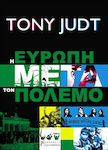

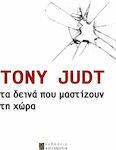
Political Books
Τα δεινά που μαστίζουν τη χώρα, Πραγματεία για τις σημερινές μας δυσκολίες
from 13,42 €Added
Similar products
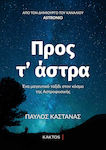 Top rated
Top ratedScientific Books
Προς τ’ άστρα, A magical journey into the world of Astrophysics
Ad from MykyklosAdded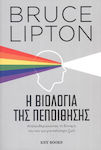

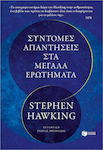 Top rated
Top rated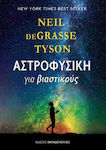
 Top rated
Top rated
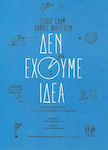
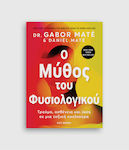
Scientific Books
Ο Μύθος Του Φυσιολογικού, Trauma, disease and healing in a toxic culture
Ad from SilverProductsAdded


Scientific Books
Δαρβίνος: Η προέλευση των ειδών, The biography of the theory of evolution
from 14,90 €Added
All shops
Prices are calculated for:Malta, Other Payment Options
- 10,95 €
Description
In this short and dense essay, a great historian tells us the history of railways and highlights their importance in modern culture, which is not limited to facilitating travel and transportation. "No other technological design or social institution represents modernity as much as the railway," writes Tony Judt. Trains, beyond their obvious contribution to economic activity, transform cities, change society and people's lives, their relationship with space, time, themselves, and others. The modern city was born from traveling by train. Trains conquer space, transform the landscape itself, reinvent it. This conquest of space inevitably leads to the reorganization of time. The colossal new railway stations, as monumental gateways to modern cities, bring about profound changes in the social organization of public space. These stations, as magnificent works of great architects, reveal with their mere existence that trains were not only intended for transportation and necessary movements but were inherently connected to travel as entertainment, adventure, ultimately as the archetypal experience of the modern world. The conquering experience of railways will be interrupted in the 1950s. The train now faces strong competitors such as the car and the airplane and will fall victim to the progress it had facilitated. However, just when the future of trains seemed bleak, things started to become hopeful again after 1990. This unexpected revival is largely due to the significant environmental advantages of the modern train. As noted in the book's epilogue by Stavros Zouboulakis, Tzant's text, apart from being an accurate historical study, is also a political essay: "The defense of trains is essentially the defense of the public against the private, of civil society against markets, of social democracy against neoliberalism." According to Tzant himself: "If we lose the railways, we will not have simply lost a valuable practical asset... We will have accepted that we have forgotten how to live collectively."
Specifications
- Genre
- Technology
- Language
- Greek
- Format
- Hard Cover
- Number of Pages
- 76
- Release Date
- -
- Publication Date
- 2013
- Dimensions
- 19x12 cm
Important information
Specifications are collected from official manufacturer websites. Please verify the specifications before proceeding with your final purchase. If you notice any problem you can report it here.














































